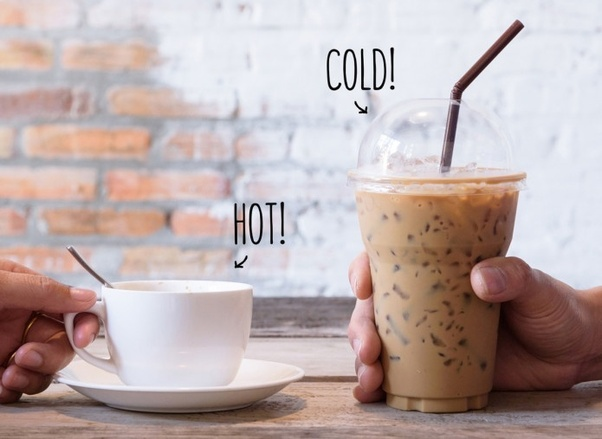Coffee: How Does This Dietary Staple Actually Work?
Most have a preference regarding the temperature at which they drink their daily starter.
October 5, 2020
Coffee. Considered a ‘staple beverage’ around the globe, coffee has been consumed since before the 19th Century.
Today, people add sweeteners, milk, creamer, and a variety of flavors to their coffee. Most people have a preference regarding the store from which they buy their coffee, and the temperature at which they drink their daily starter. In a recent survey of Northport students, the overwhelming majority of responses indicated iced coffee as the preferred temperature.
Why is coffee so popular? Caffeine. Many people, especially high school and college students, rely on the caffeine obtained from drinking coffee to keep them going through their day. While consumers of caffeinated beverages are aware that they feel more awake after their daily dose of coffee, few know exactly how this natural stimulant works in the body.
When you are awake, your adenosine levels increase. When your nerves detect high levels of adenosine, they send to the brain signals directing that it is time for rest.
Caffeine tricks the body. Your nerve cells mistake the compound for adenosine, and allow it to bind to adenosine receptors. As a result, adenosine levels aren’t detected.
Caffeine also causes cell activity to increase (unlike adenosine, which reduces cell activity), which makes you feel more awake. On top of that, caffeine affects the brain’s production of adrenaline, or epinephrine, which causes an increase in heart rate and blood pressure.
Why are some ‘addicted’ to caffeinated coffee? When you consume caffeine, your dopamine (the neurotransmitter that makes us ‘feel good’) levels increase.
When surveyed, only a few more Northport students said they drink coffee for the flavor rather than for the caffeine. The strong physical and mental effects that come from drinking coffee have made this beverage a requirement for proper daily functioning.


